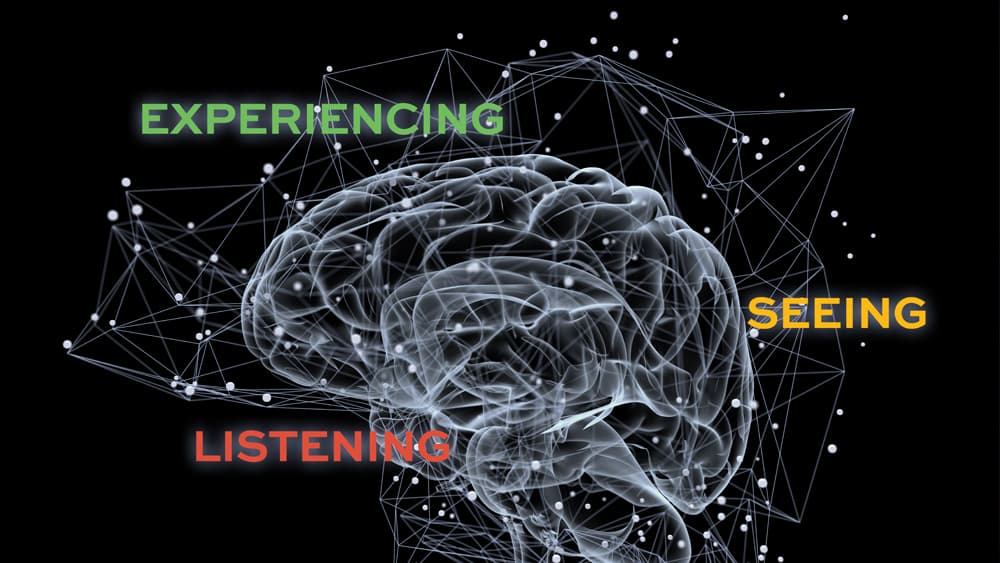Increasingly more focus is put on soft skills in the business world. Employers do not only want well educated staff, they want more than that. But what are soft skills and why are they indispensable at the workplace? And how can you improve your soft skills through our business simulations? Read everything you need to know about soft skills in our article below.
What are soft skills?
“Soft skills” is an umbrella concept for everything that is not a measurable technical skill. Offering a short explanation, the term is generally used to describe someone’s ability to navigate their social environment, work well with others, and, in having these skills, achieve their career goals.
Examples of soft skills include a person’s communication skills, their willingness to be flexible, their integrity and honesty. Furthermore, soft skills can include interpersonal abilities, having a positive attitude, taking responsibility, thriving in in a team, and having a good work ethic.
Soft skills vs. hard skills
The intangibility of soft skills is what puts them in stark opposition to hard skills. Hard skills are measurable, often rather technical, skills. These include math, accounting, writing, or programming skills. However, both types of skills are fundamental for success and complement each other perfectly.
The combination of hard skills and soft skills is what makes a well-rounded person, that can progress in their private and professional life equally. What is a well-educated colleague worth if they do not get along with the team?
Soft skills at the workplace
Developing your soft skills has therefore become indispensable at the workplace, and there are studies to support that claim.
A study conducted by Harvard University noted that 80% of career performance is determined by soft skills and only 20% by hard skills. Similarly, a study among fortune 500 CEOs conducted by the Stanford Research Institute found that 75% of your long-term job success are a direct result of soft skills.
Soft skills training
Experts recommend that soft skills training should thus form an integral part of education. This prepares students for what is expected of them at their future workplace.
Not mastering those soft skills can have unwanted consequences. A survey conducted by McDonald’s in the UK predicts that more than half a million people will be held back from job sectors by 2020 due to a lack of soft skills.
Soft skills are just as important as, if not more important than, technical skills. Most interactions with people require some level of soft skills – negotiating a new contract, presenting a new business idea, interviewing for a new job. Soft skills are the means by which a person sells their technical skills.
Devoting time to the teaching and development of soft skills is therefore a valuable investment in the future of learners. It might even be what sets them apart from other people in their field.
Sources
- Our Partner Content: 'What’s Coaching All About?' Article by By Mike Loughrin, CEO for Transformance Advisors
https://transformanceadvisors.com/portfolio/what-is-coaching/
You might want to learn more about

Experiential learning
Experiential learning is a powerful way of education that fosters numerous benefits. We truly believe that going through an experience, will result in a better and longer lasting understanding. What is experiential learning exactly? And why should it be implemented? In this article, Inchainge discusses everything you need to know about experiential learning.

Business games
A high-performing value chain needs the collaboration of team members from across the organization. Tearing down silos and creating the right cross-functional mindset, however, can be a serious challenge. So, what do you need in order to achieve success? Ideally, you’d like your team to experiment with different scenarios wherein they learn to overcome various obstacles.

End-to-end Supply Chain Management
An end-to-end supply chain can have several benefits such as reducing labor and material costs. But what other benefits does an end-to-end supply chain have? And what are the trade-offs in supply chain management? Read everything you need to know about end-to-end supply chain in this article.

Building (virtual) teams
Building teams and fostering teamwork is a crucial element in leading a successful business – within and across different departments. But challenges are waiting at every corner, particularly if cooperation has to happen virtually. With Inchainge’s simulations being playable online, we have become experts in making teamwork happen at a distance!

Leadership skills
Leadership qualities and leadership traits have become buzzwords for organizational management and personal development. But what does leadership really entail? And what challenges are value chain leaders confronted with? Here at Inchainge, we have always concerned ourselves with the question of what makes a leader a good leader. Read more about leadership in our article.
Dive into our
knowledge base
Alignment
Blended learning
Experiential learning
Learning
Supply chain
Sustainability
- Sustainability
- Carbon footprint
- Circular Economy
- Does Green Governance drive the ride to a sustainable future?
- Everything You Need To Know About Eco-Efficiency
- Greenwashing: Everything you need to know
- Is it possible to measure the Triple Bottom Line?
- Sustainability v/s Circularity
- The 3Ps Series: People
- The 3Ps Series: Planet
- The 3Ps Series: Prosperity
- The Butterfly Diagram
- The Value Hill
- What are the 3Ps of Sustainability?
- What do we know about the Triple Bottom Line?
